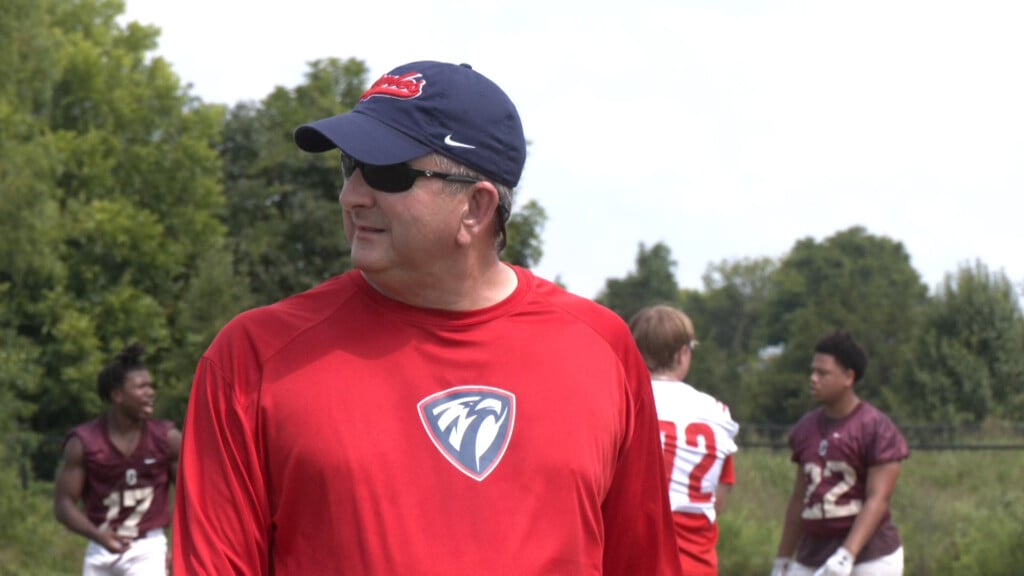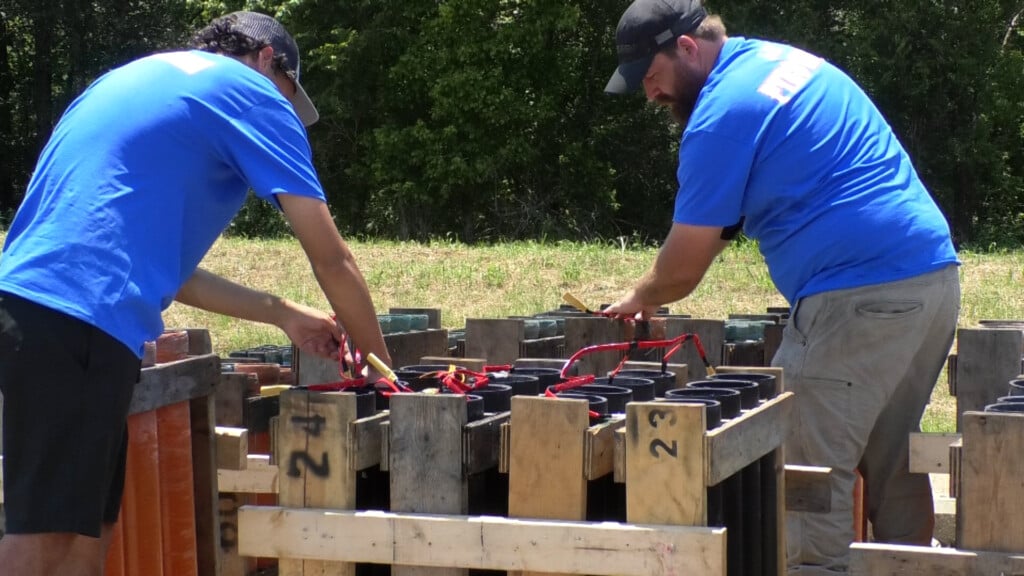“I'm speechless!”: How CBS News covered Apollo 11
On the morning of July 16, 1969, history was about to be made, and CBS News was ready to capture the moment. At 6:00 a.m., Walter Cronkite launched an unprecedented 46 hours of live television coverage of Apollo 11.
“It’s a time of exhilaration, reflection, hope, fulfillment, as a century’s old dream starts toward reality,” Cronkite said. “It is now that there is time, if only briefly, to think of these three men and the burdens and the hopes they carry on behalf of all mankind.”
To cover the mission to the moon, CBS News circled the earth with a staff of more than a thousand. CBS News space correspondent David Schoumacher was covering the launch.
“Well, I was just another tourist. I had no idea that Apollo had so captured the imagination of people,” he said. “When the launch went, everybody stood up. And Walter had devised his little catchphrase, ‘Go baby go.’ And the whole crowd of 500 VIPs was shouting, ‘Go baby go.'”
With the astronauts on their way, the coverage would shift to headquarters in New York. Joel Banow was the director. His job was to explain each stage of the very complicated eight-day mission. As the space program grew, television technology kept up with a whole new world of graphics and simulations.
“Anything I felt we needed, it was OK. No arguments about budget,” Banow said.
The budget was a then-astronomical $1 million plus. But what we got was priceless.
On July 20, 1969, the day Americans landed on the moon, Charles Kuralt kicked off the next marathon of coverage, 32 hours on the greatest scientific achievement in the history of the world. More than half a billion people around the Earth looked toward the heavens, waiting for touchdown.
“We were holding our breath,” Schoumacher said. When the moment came, “There was a great cheer in the studio, we were cheering. It was wonderful.”
“I was moving my hand left and right looking at the monitors and so forth and suddenly I see Wally [Shirra] moving his hand. And I cut to him. He had a tear in his eye. And then I see Walter [Cronkite], Walter is just rubbing his hands this way. And then he looks at Wally, he says, ‘Wally, say something. I’m speechless,'” Banow said.
Cronkite’s loss for words spoke volumes. The world was in awe.
“The whole world sort of stood still for a moment. And people on every single continent, for the first time in history, watched a live television broadcast together,” said Teasel Muir-Harmony, curator at the Smithsonian National Air and Space Museum. “When you talk to people, their experience of Apollo 11 for the most part it is through this coverage, through this program that they put it together.”
Schoumacher called the CBS News coverage of Apollo 11 its “finest moment.” But that “one small step for man” wasn’t the end of the story.
“The next big event was going to be the takeoff from the moon. Would that rocket really work to lift these guys up off the moon,” Schoumacher said.
Quietly, contingency plans were considered. What happens if something goes wrong? What if they couldn’t get off the moon?
“We also discussed, ‘Does Collins come back with the spacecraft?’ Yeah, he does. He had to. The astronauts would’ve wanted him to do that,” Schoumacher said. “That would be quite a sacrifice to have to make. Oh, God, America would’ve gone crazy.”
But the moon and the stars were aligned for astronauts Neil Armstrong, Buzz Aldrin and Michael Collins. It wasn’t until the astronauts returned to Earth that these new heroes began to see and understand all they had accomplished.
“Aldrin said to Armstrong, after he read the newspaper coverage, ‘We missed the whole thing.’ And that’s because they missed the broadcast,” Muir-Harmony said.
Schoumacher said Cronkite set the tone.
“He was a kid, and experiencing the greatest moment in our lifetime, in American history. And for a brief time afterwards — too brief a time — America was one,” he said.
CBS News’ one-hour special “Man on the Moon,” hosted by Norah O’Donnell, airs Tuesday, July 16, at 10 p.m. ET/PT.
© 2019 CBS Interactive Inc. All Rights Reserved.





Leave a Reply